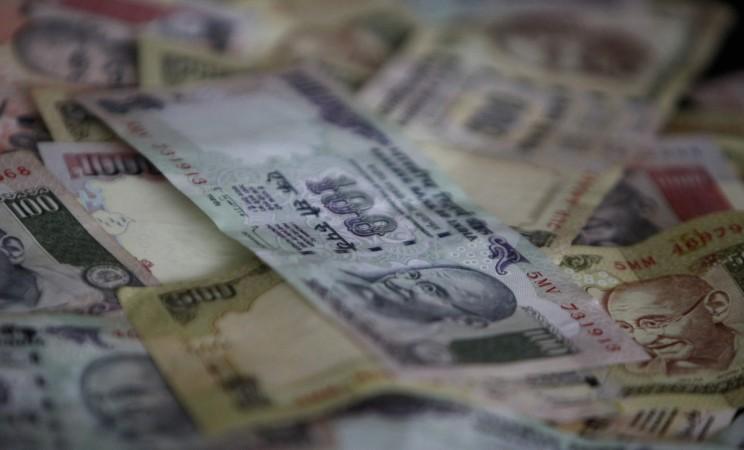
The Tripura government has hinted that it would consider implementation of the recommendations of the 7th Central Pay Commission (CPC) for its approximately 2.09 lakh employees and pensioners once the Central government takes a final decision on the issue.
The state finance minister Bhanulal Saha said this in capital Agartala after a cabinet meeting chaired by Chief Minister Manik Sarkar, reports IANS.
The Narendra Modi government had announced the formation of a panel on July 6 to look into the demands of trade unions after senior members of the government including finance minister Arun Jaitley, railway minister Suresh Prabhu and home minister Rajnath Singh met the union representatives on June 30.
The unions have rejected the minimum monthly salary of Rs. 18,000 recommended by the 7th CPC and had demanded Rs. 26,000. The assurance led to the unions deferring plans of an indefinite strike by four months.
"The Ministers assured the Union leaders that the issues raised by them would be considered by a High Level Committee," the BJP-led NDA government said in a statement on July 6.
At the cabinet meeting on Thursday, the Tripura government approved additional dearness allowance (DA) of 4 per cent for its employees and pensioners.
"In spite of the state government facing serious financial crisis, the government has released additional four per cent of DA for the employees and pensioners," IANS quoted Saha as saying. The hike comes within three months of a five per cent hike in DA given by the Tripura government in March.
The hike is expected to cost the Tripura government Rs. 134.40 crore. The latest hike puts the DA for Tripura government employees at 83 per cent as compared to 125 per cent currently for Central government employees.
The state government's DA hike is seen as a tactical move after the employees had sought parity with Central government salaries and allowances in the context of the 7th Central Pay Commission (CPC)'s recommendations.
The Tripura government's move could force other state governments to look at similar moves to address the demand for pay parity by their respective government employees in the coming months.









